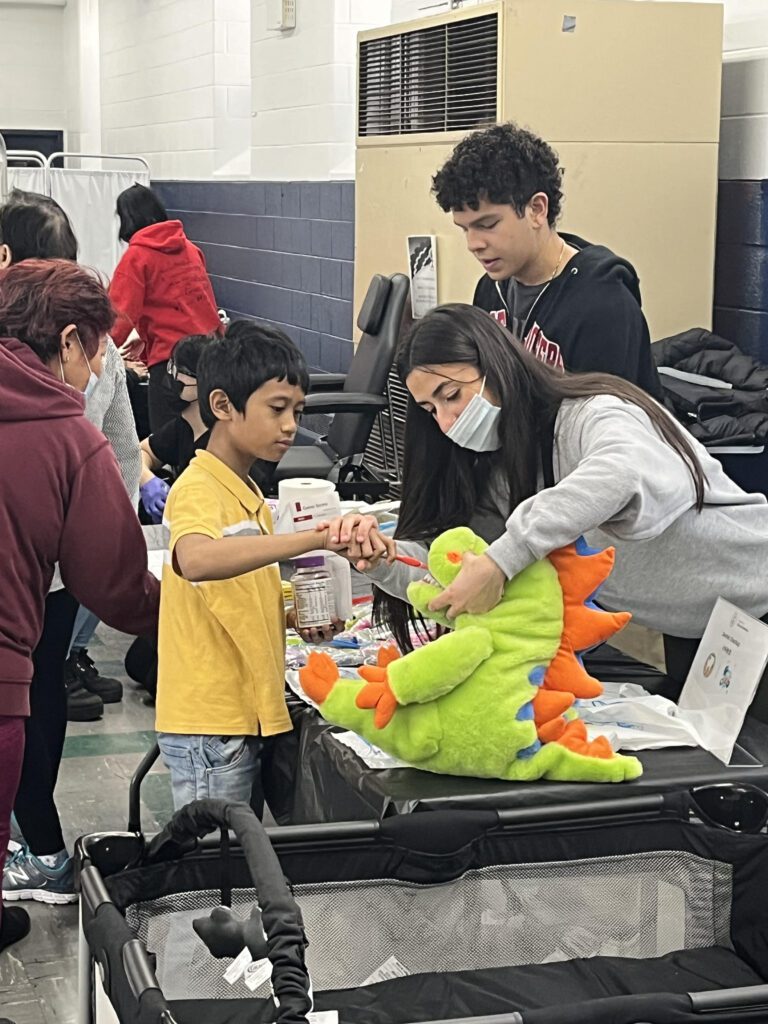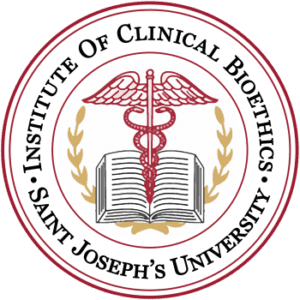Sophomore pre-dental student Jessica Haddad’s reflection featured in the Philadelphia County Dental Society Newsletter
I am Jessica Haddad, a sophomore Biology major and Art minor at Saint Joseph’s University in Philadelphia, Pennsylvania. My interest in dentistry began in high school when I volunteered at a dental clinic to perform COVID screenings. Once I began interacting with the staff and patients, I started to learn more about different dental procedures and how to communicate with patients properly. Volunteering fueled my personal and professional growth by deepening my commitment to the field. After participating in more dental-related events, I knew that this career was one that I would want to pursue in the future.
I have enjoyed participating in the Institute of Clinical Bioethics’ Health Promoter Programs throughout my pre-dental journey. Attending these events allows me to experience a glimpse into dentistry while improving my communication with minority groups. I have also met medical residents, dentists, dental students, and ICB Fellows, who all aim to enhance the well-being of individuals who face conflict in obtaining healthcare services. I believe these programs are essential to bridging the healthcare gap in our communities.

Dr. Christopher Lai and I served the community based on their dental needs at the most recent Health Promoter at Saint Thomas Aquinas Church. From our encounters, the population was mainly Indonesian, many of whom immigrated to the United States this year and spoke little to no English. Most did not have dental or health insurance. We observed nonrestorable teeth during the examination due to the lack of preventive care. In addition, many had previous work on their teeth, such as crowns, bridges, or partials/dentures. They noted the significant difference in the cost of care for dental work in the United States compared to their home countries. Because of these significant cost differences, there are challenges in obtaining care, notably preventive care. Many cases needed periodontal treatment and a professional cleaning to remove cavities, calculus, and broken crowns. After examination, we administered fluoride treatment to patients with consent. The treatment provided by the Institute allows for the strengthening of enamel to make teeth less susceptible to cavities. For restorative care, Dr. Chris referred patients to nearby dental schools (The University of Pennsylvania School of Dental Medicine and Temple University Maurice H. Kornberg School of Dentistry) that provide dental services for patients without the need for insurance.

